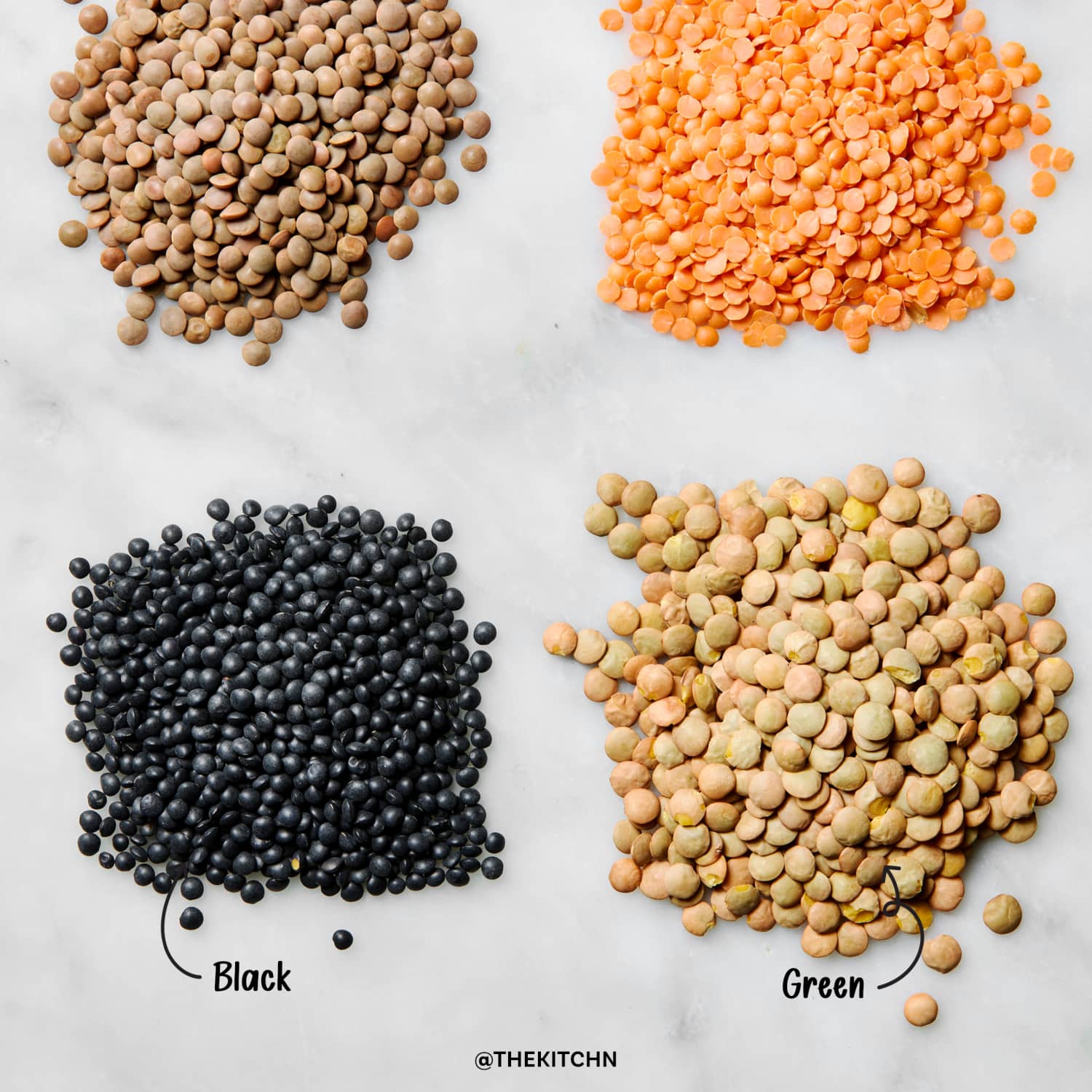foods for maintaining healthy lungs
Maintaining healthy lungs is vital for feeling your best. However, factors such as exposure to cigarette smoke, environmental toxins, and an inflammatory diet can negatively impact lung health.
Common conditions like asthma, chronic obstructive pulmonary disease (COPD), and pulmonary fibrosis can significantly affect your quality of life.
Research indicates that lifestyle changes, including a nutrient-rich diet, can help protect the lungs and reduce damage or symptoms. Specific foods and nutrients have been found to benefit lung function.
Here are 20 foods that may help improve lung health:
- Beets and Beet Greens
Both the beetroot and its greens contain compounds that enhance lung function. Rich in nitrates, which help relax blood vessels, lower blood pressure, and improve oxygen uptake, beets are especially helpful for people with conditions like COPD and pulmonary hypertension. Beet greens are also high in essential nutrients like magnesium, potassium, vitamin C, and antioxidants.
- Peppers
Peppers are a top source of vitamin C, an antioxidant that helps smokers, who are at greater risk of lung damage, replenish their vitamin C levels. A single medium red pepper provides 169% of the recommended daily vitamin C intake.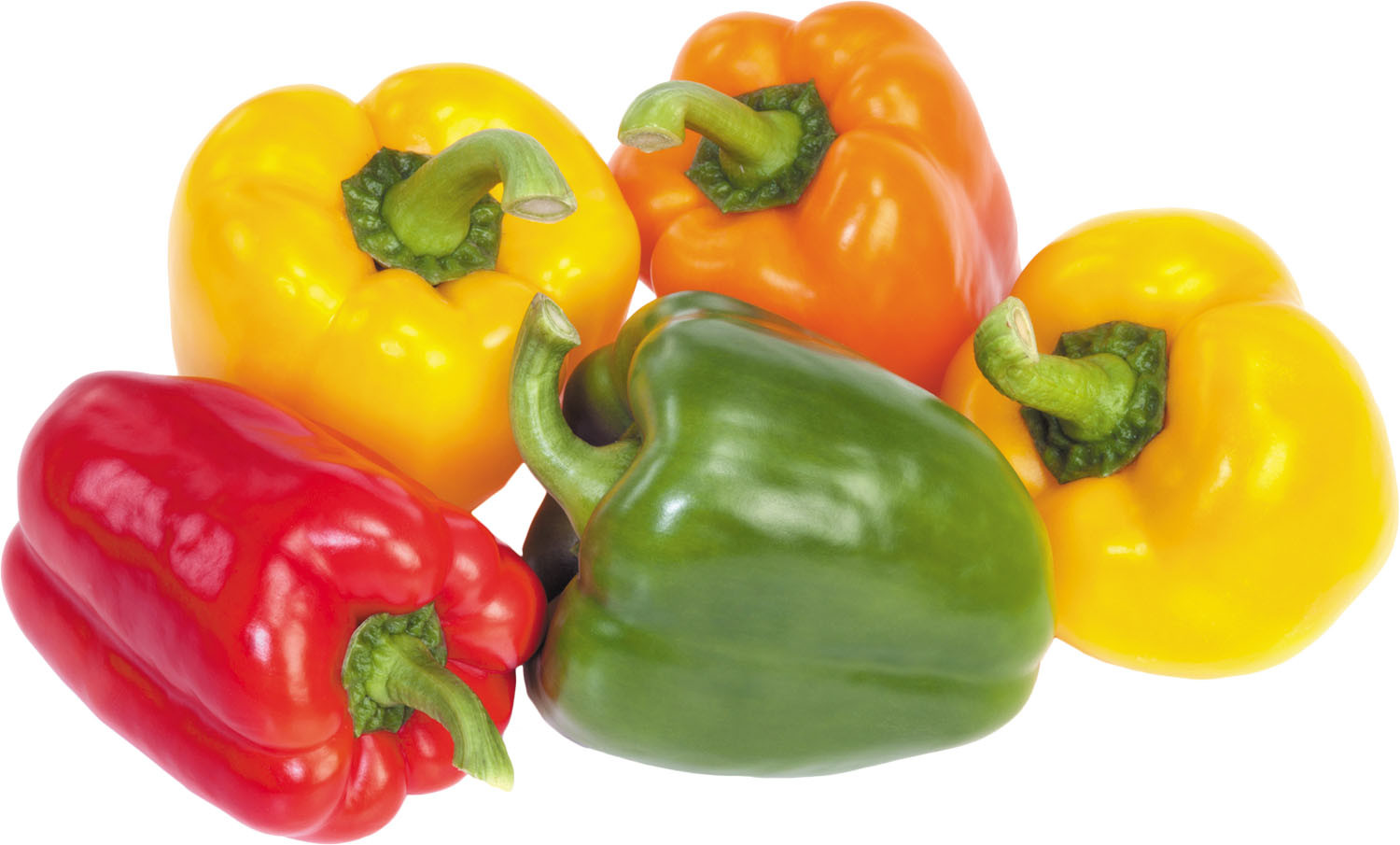
- Apples
Eating apples regularly has been linked to improved lung function, especially in former smokers. Apple consumption is associated with a lower risk of COPD, asthma, and lung cancer due to their high levels of antioxidants like flavonoids and vitamin C.
- Pumpkin
Pumpkins are rich in carotenoids, which have antioxidant and anti-inflammatory properties that support lung health. Higher carotenoid levels are linked to better lung function, particularly in smokers.
- Turmeric
Turmeric contains curcumin, a potent anti-inflammatory and antioxidant. Studies show curcumin may enhance lung function, especially in smokers, improving lung capacity by up to 9.2%.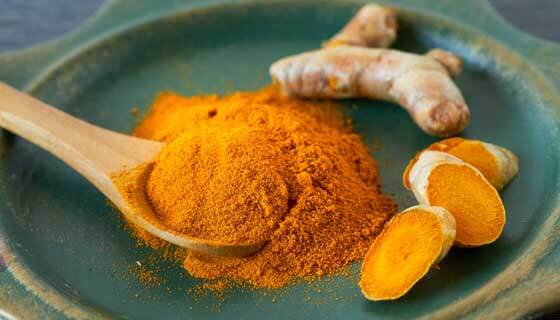
- Tomatoes and Tomato Products
Tomatoes are rich in lycopene, which has been shown to reduce airway inflammation in asthma patients and improve lung function in people with COPD.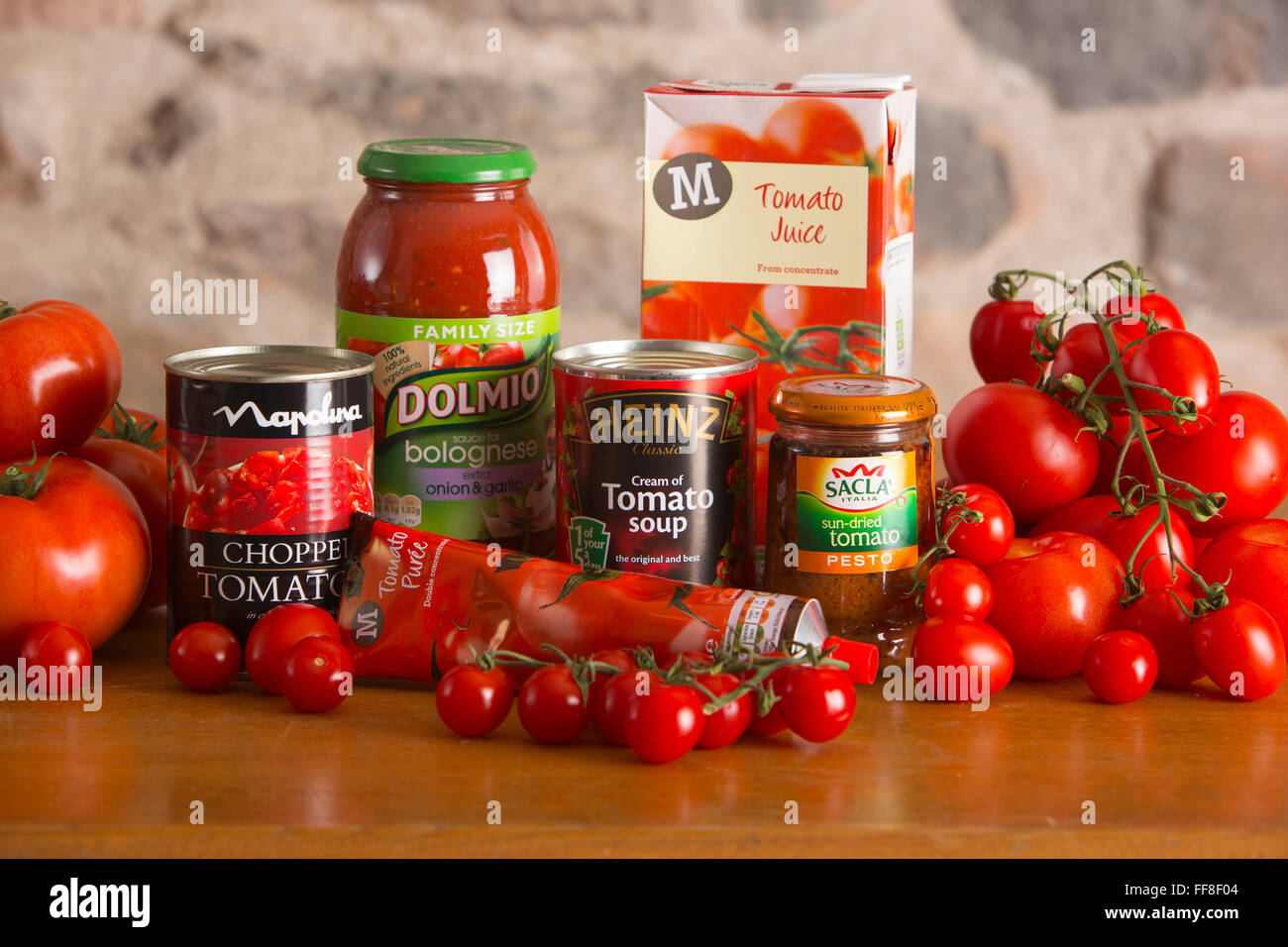
- Blueberries
Loaded with antioxidants, particularly anthocyanins, blueberries protect lung tissues and slow lung function decline.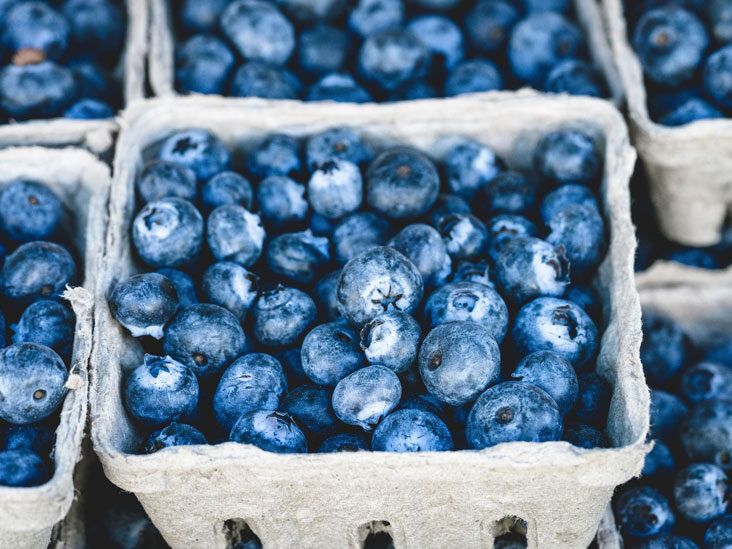
- Green Tea
Green tea contains EGCG, a catechin that reduces fibrosis (scarring of lung tissue), making it beneficial for people with pulmonary fibrosis.
- Red Cabbage
Rich in anthocyanins and fiber, red cabbage supports lung function and reduces lung tissue decline.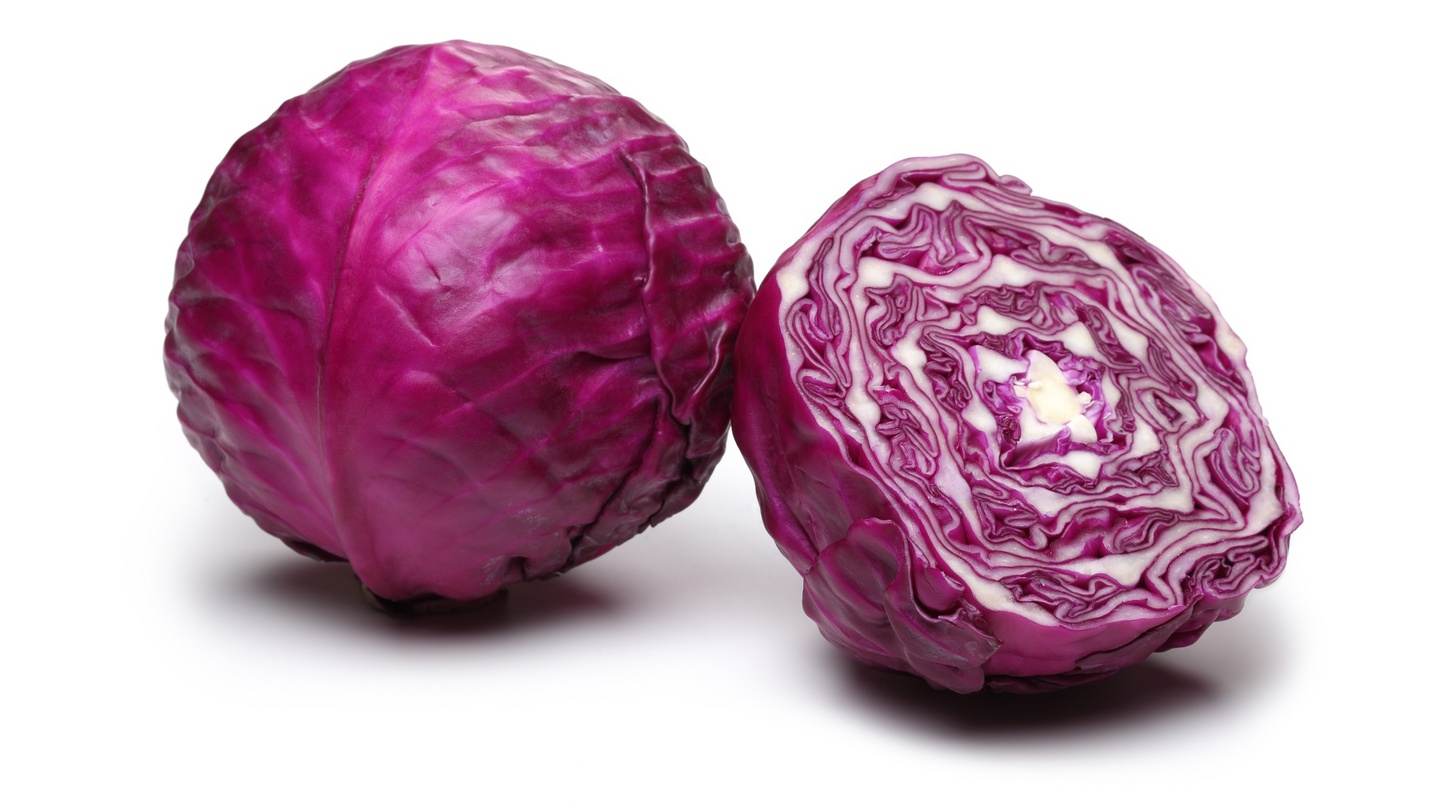
- Edamame
These soybeans contain isoflavones, which improve lung function and reduced COPD symptoms. 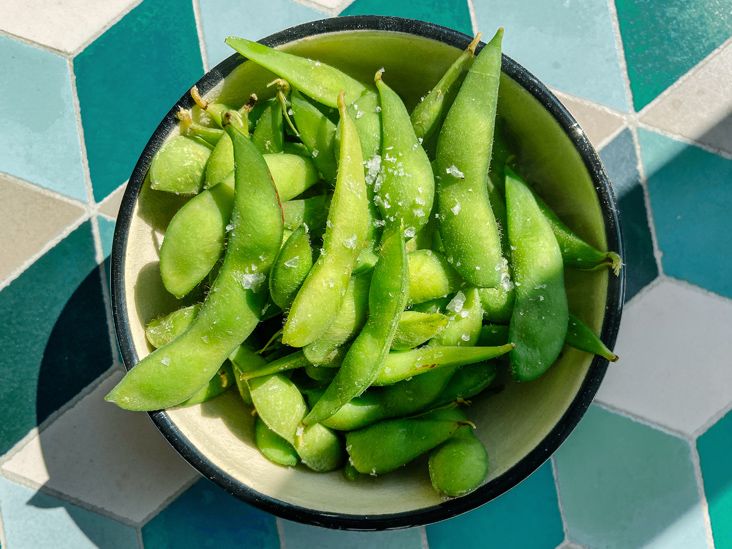
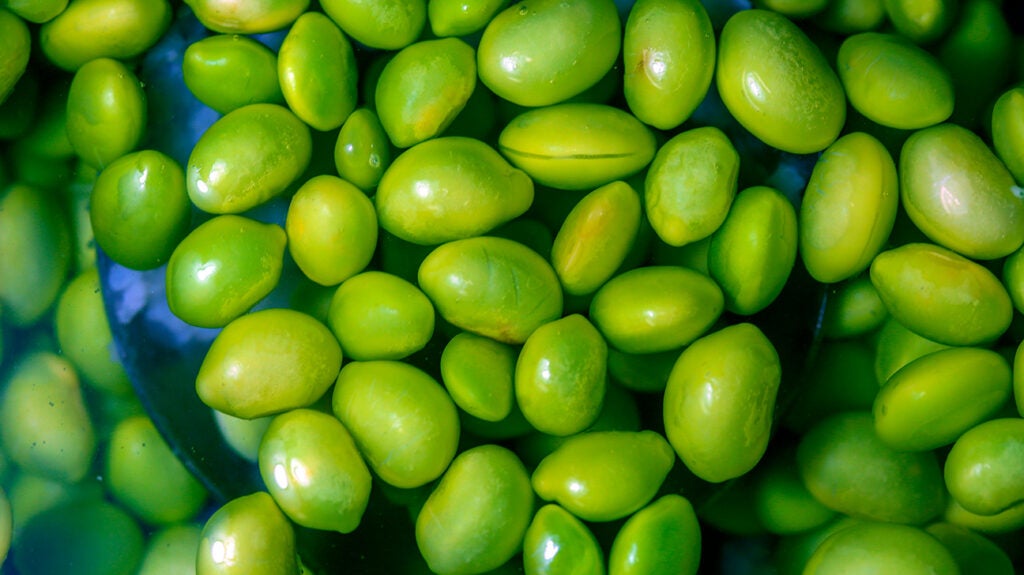
- Olive Oil
Olive oil’s antioxidants, including polyphenols and vitamin E, reduce the risk of respiratory conditions like asthma. The Mediterranean diet, which includes olive oil, supports lung health.
- Oysters
Oysters are rich in zinc, selenium, and B vitamins, essential for lung health. These nutrients are especially important for smokers, as smoking depletes B vitamins.
- Yogurt
Packed with calcium, potassium, phosphorus, and selenium, yogurt improves lung function and reduce the risk of COPD.
- Brazil Nuts
A single Brazil nut provides more than 150% of the recommended selenium intake. Selenium is linked to better respiratory function and lower risks of lung cancer and asthma
- Coffee
Coffee, rich in caffeine and antioxidants, improves lung function and reduces symptoms of asthma.
- Swiss Chard
High in magnesium, Swiss chard helps relax the airways and reduces lung inflammation.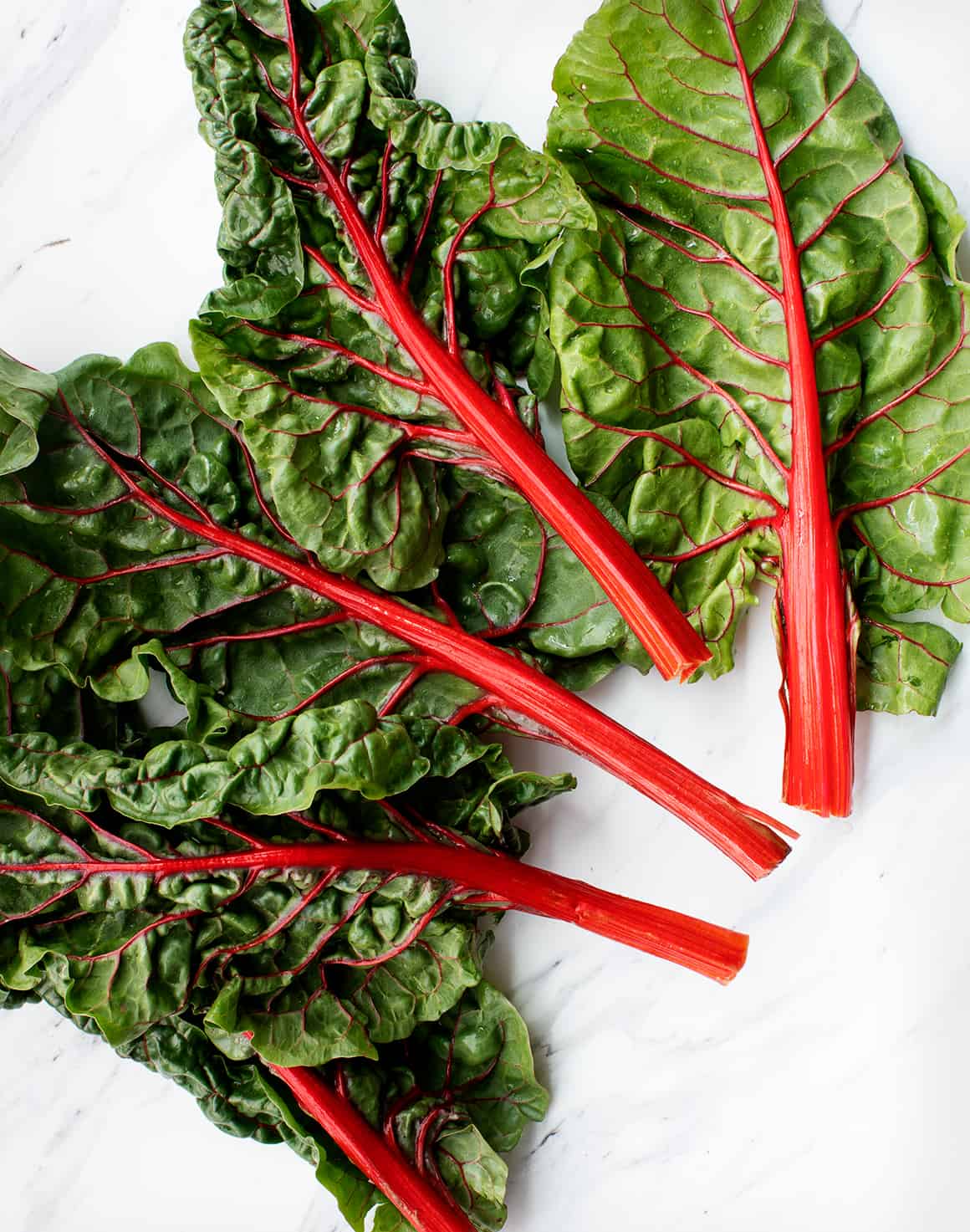
- Barley
Barley, a whole grain rich in fiber and antioxidants, supports lung function and reduces mortality from lung diseases.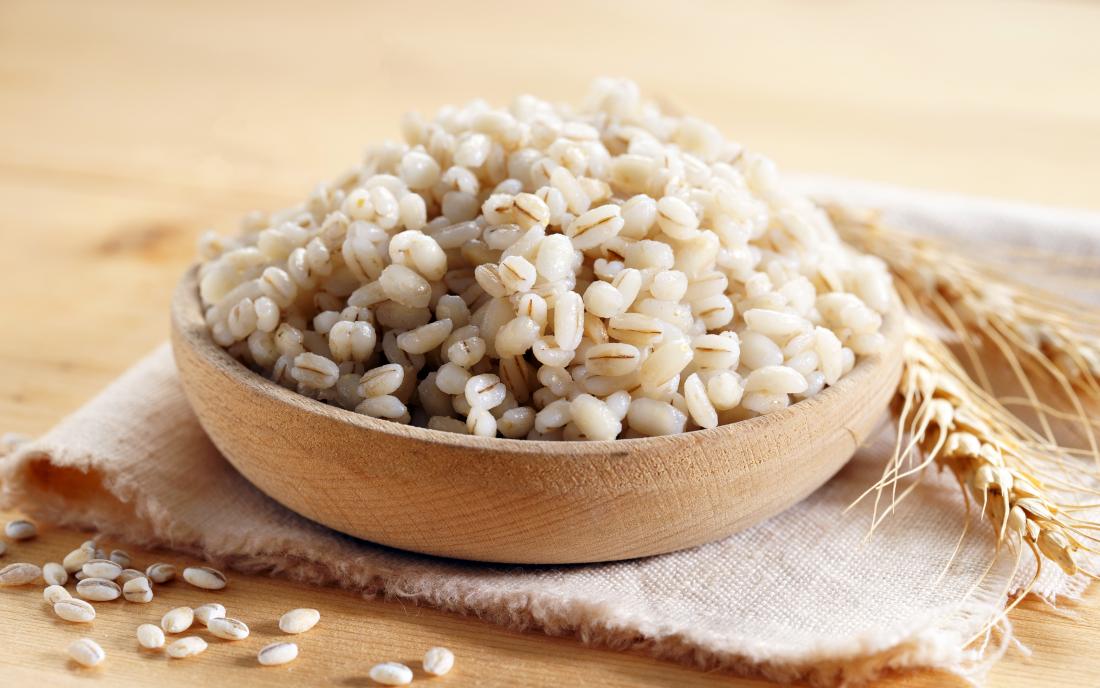
- Anchovies
These small fish are high in omega-3 fats, which help reduce COPD symptoms and inflammation in lung diseases like asthma.:max_bytes(150000):strip_icc()/GettyImages-1299907778-2000-dd5083da1a9c45deaa7d3ef8e9ee2f94.jpg)
- Lentils
Lentils provide key nutrients like magnesium, iron, and potassium, and their fiber content supports lung health. - Cocoa
Cocoa, especially in dark chocolate, contains flavonoids and theobromine, which relax airways and may reduce the risk of lung-related diseases.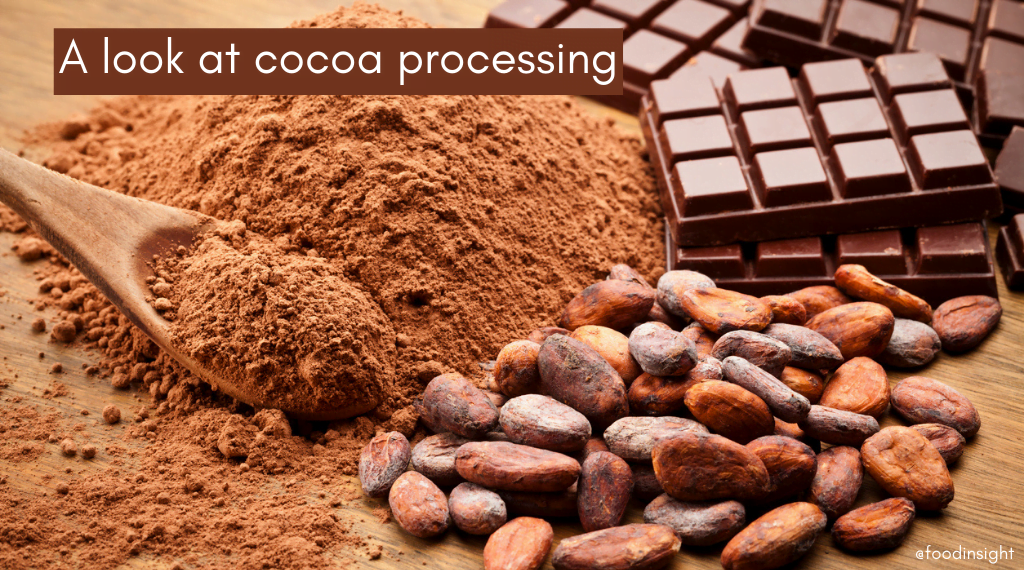
Conclusion
A diet rich in foods like coffee, dark leafy greens, fatty fish, tomatoes, and blueberries can support and protect your lung health. Incorporating these foods into your diet may help improve lung function and overall well-being.

